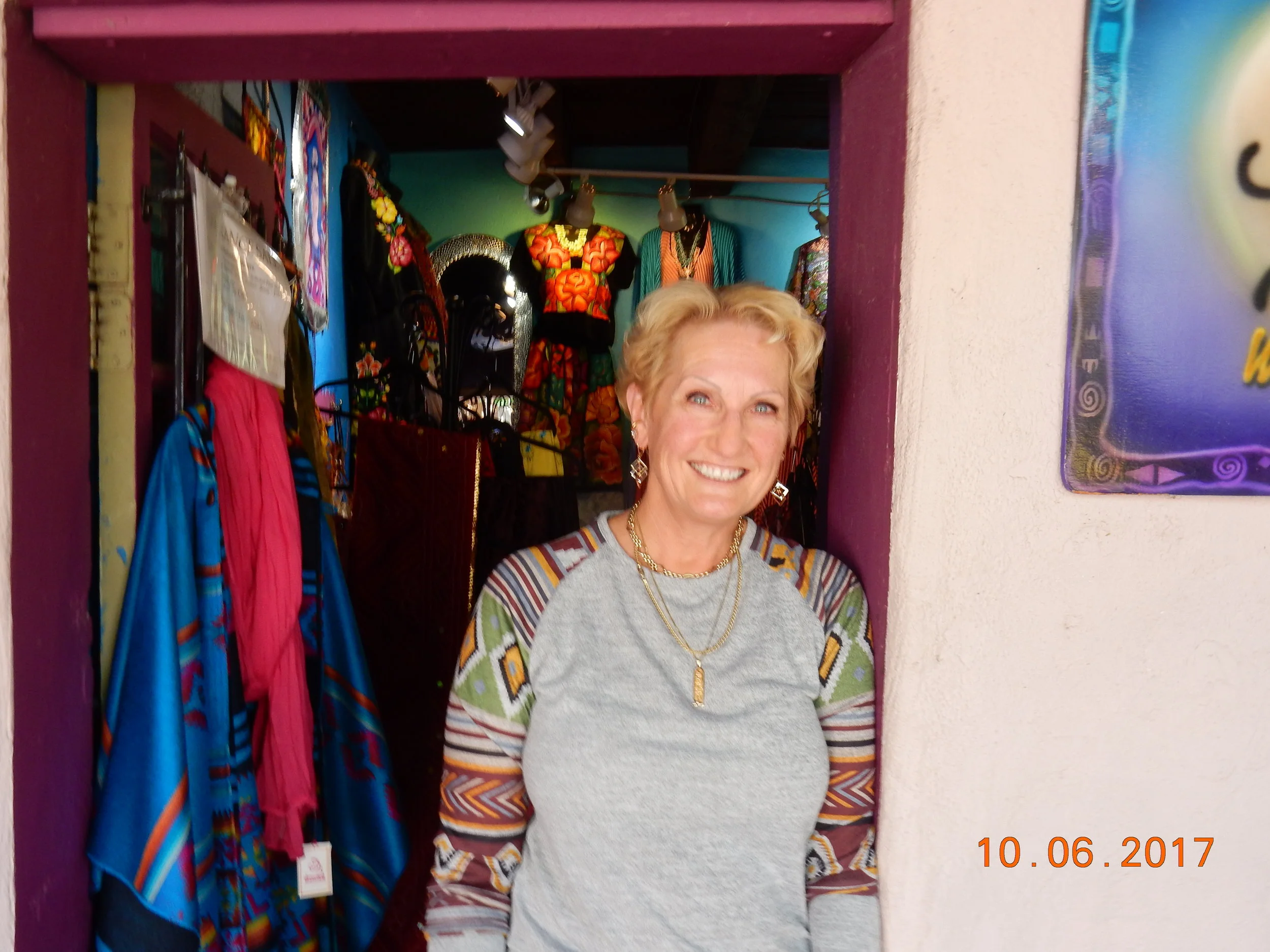Summer has been slow in coming this year and today is only the third warm day we’ve had. The sky is clear blue and it’s unusually windy, which is the reason we decide to aim the boat up the river as opposed to taking a right out of the marina and heading toward the dam-end of Lake Travis. The river is more sheltered.
This is our last time to use the boat club, which we joined a year ago. The contract is for two days a month, but we’re confined to Tuesdays, Wednesdays, and Thursdays, which means those of our friends and family who are only available on weekends are unable to join us. Also, the contract doesn’t recognize weather, which means that we paid a monthly fee for the winter months. This is called “The Toe in the Water Plan” and is designed for neophytes who don’t know whether or not they like boating. We like it fine, but it irked to pay for those months when we didn’t use it. And, with the obligations David’s taken on, sometimes we had trouble finding the time.
There’s a difference between the river and the lake coastal topography. For the most part, summits and dramatic cliffs surround the lake. The houses that offer views of the water are massive, elegant, and highly perched. Elevators carry homeowners to their boats. A house on Lake Travis is very expensive, which you’d think would make it cost prohibitive, yet its shores are greatly populated. There are a lot of really rich people in Austin.
The land along the river is flatter and the homes are less flashy; though, as the lakeshores have become more and more crowded, river properties are being developed.
Coming out with us today are David’s sister, Leanne, and our friend, Charlie. Charlie owns a house on Lake LBJ, so he’s comfortable in a boat. Leanne recently moved to Sun City, a Del Webb community in Georgetown, which she refers to as adult day camp. She’s gone boating with us quite a few times. Now that we’re no longer going to be in the boat club, our next water experiences will most likely be on Lake LBJ, as it’s much closer to us.
Leanne is useful to have around because she researches things that I’m too lazy to look into. In this instance, she shares information about the Lower Colorado River Authority, which was created in 1934 and consists of six lakes, formed by six hydroelectric dams along the river. In addition to providing energy, the LCRA oversees forty parks and recreation areas; and it works to conserve the water and keep it clean. You might have heard the names of the lakes and not realized that they’re part of the chain. The lakes in order are Buchanan, Inks, LBJ, Marble Falls, Travis, and Austin. Because they’re basically the managed Colorado River, they’re all elongated in form.
This area is called The Highland Lake District and if you live here, you most likely have a view of the accouterments of electricity—wires, towers and power plants. It’s something I’ve heard people complain about, but if we didn’t have the dams, we wouldn’t have the lakes, so I’m okay with it. To sum up, the LCRA is a major entity in this part of the country.
David’s in control and we zip across the lake with the wind coming at us so hard that the force pushes me into the seat. He slows a bit and Leanne and I both start slathering on the sunscreen. When we get to the river I take the wheel so David can have a visit with his sister. We were right to head for the Colorado because it’s quite calm. In the back of the boat Charlie has his phone out, following our progress. Every once in a while he’ll call out our location: “Lago Vista!” “Spicewood!”
About fifteen minutes out there’s a huge resort called The Island. Its buildings are spread out overlooking the water. There’s a shiny dome in the center.
“I wonder about this place,” I say. “I’ve never seen anybody here. I think it’s abandoned.”
“The fountain’s running and the grounds are in good shape,” Leanne responds.
“But the marina’s totally empty.” Three long banks of slips, enough to berth sixty boats.
“Maybe it’s haunted.”
I cut the motor and break out our snacks—cheese, crackers, pita, hummus, tangerines, wine. We munch and discuss common interests. Charlie and his wife, Diana, just bought an RV, and Leanne and her husband, Doug, have a pull-along, so traveling is the main topic.
This RV business doesn’t appeal to David and me, though it’s very popular in our area. We’d just as soon fly to our destination. And when we’re on the road we like to move fast. I tend to curse at the bloated slow-movers.
Charlie surprises us by jumping in the water, which we all know is only seventy-one degrees. He’s crazy! David takes the challenge and he, too, goes over the side. Leanne won’t be outdone by her brother, so she dives.
I sedately sip wine from a plastic cup and pop another cheese cube into my mouth. This is an adventure I’m happy to miss.
David only stays in for twenty seconds, and Leanne comes out right after. Charlie stays in a bit longer. The three of them are shivering, but they warm up quickly in the sun.
As we bob in our boat bliss settles over me. It’s one of those wonderful times when there is absolutely nothing negative in my head, no worry or pressure or angst, just friends talking in a boat on a beautiful day.
The resort. Haunted? Abandoned?
Signs of the LCRA are everywhere.
Here we are.













